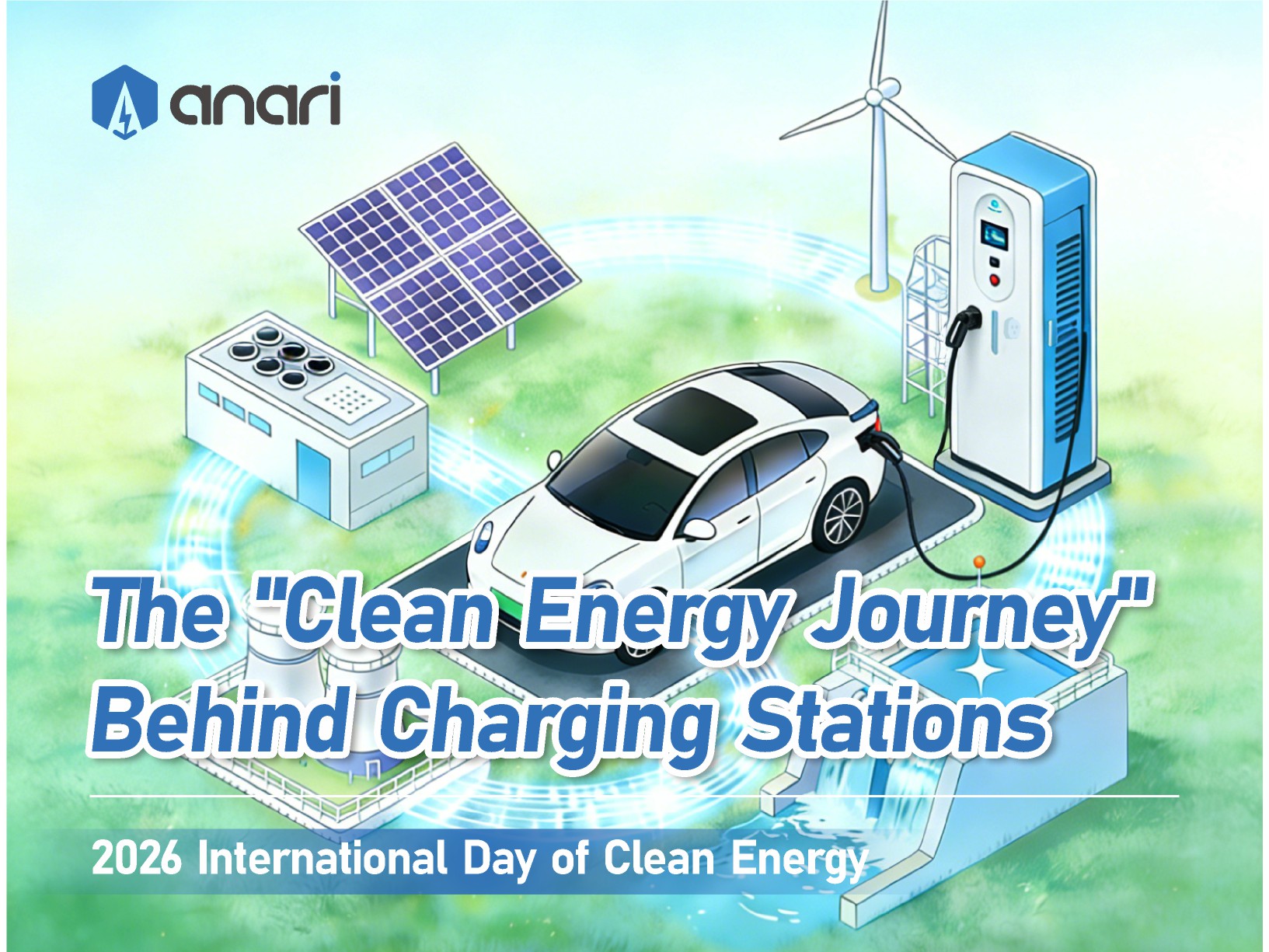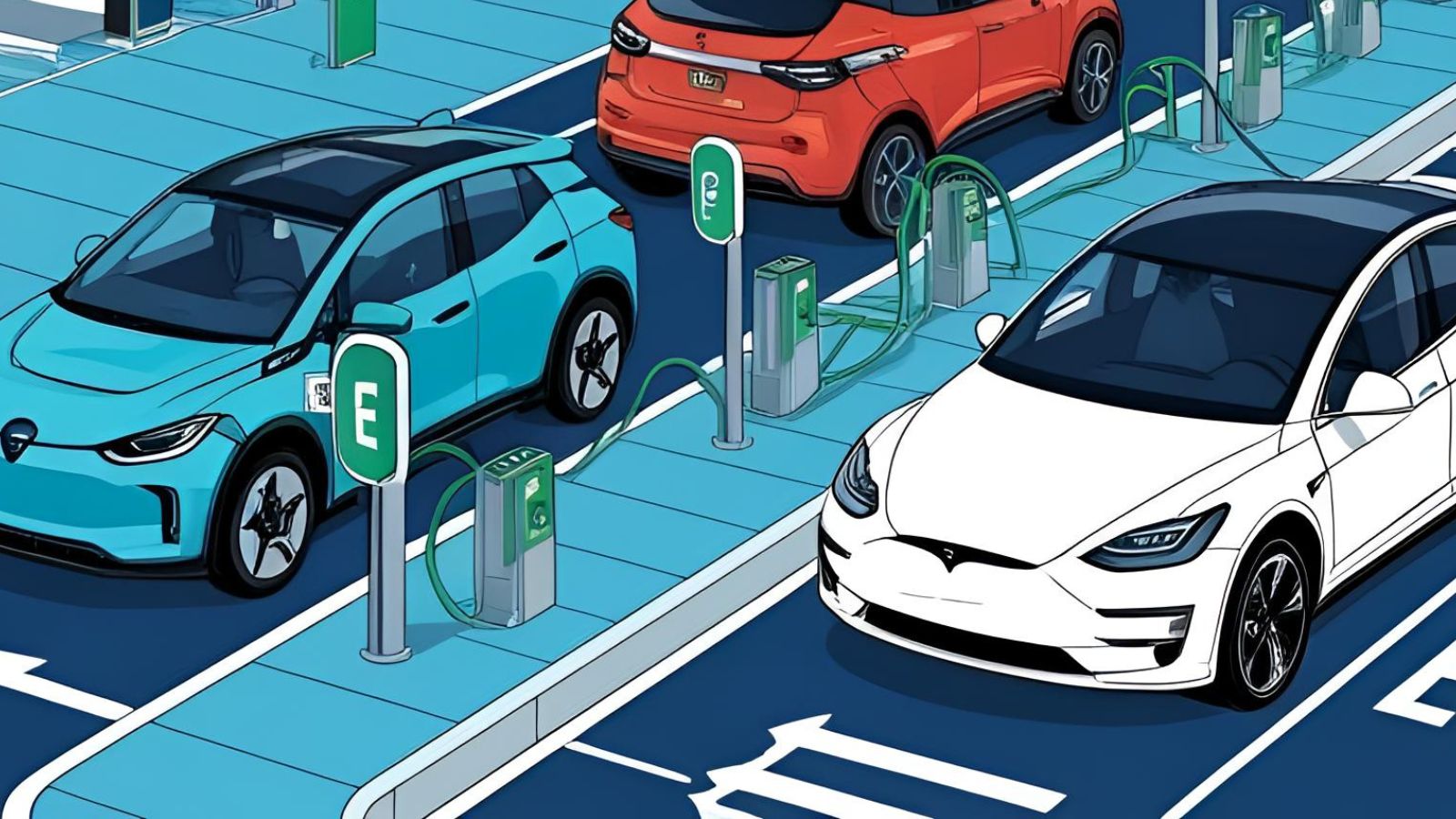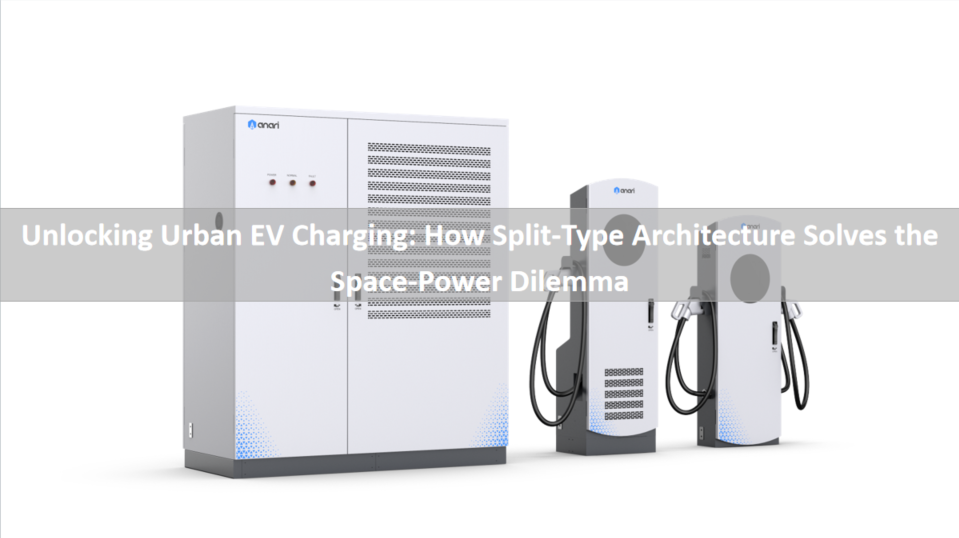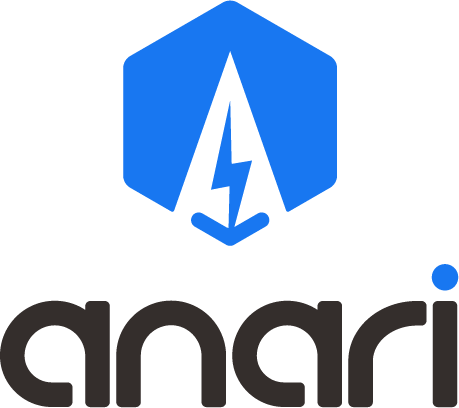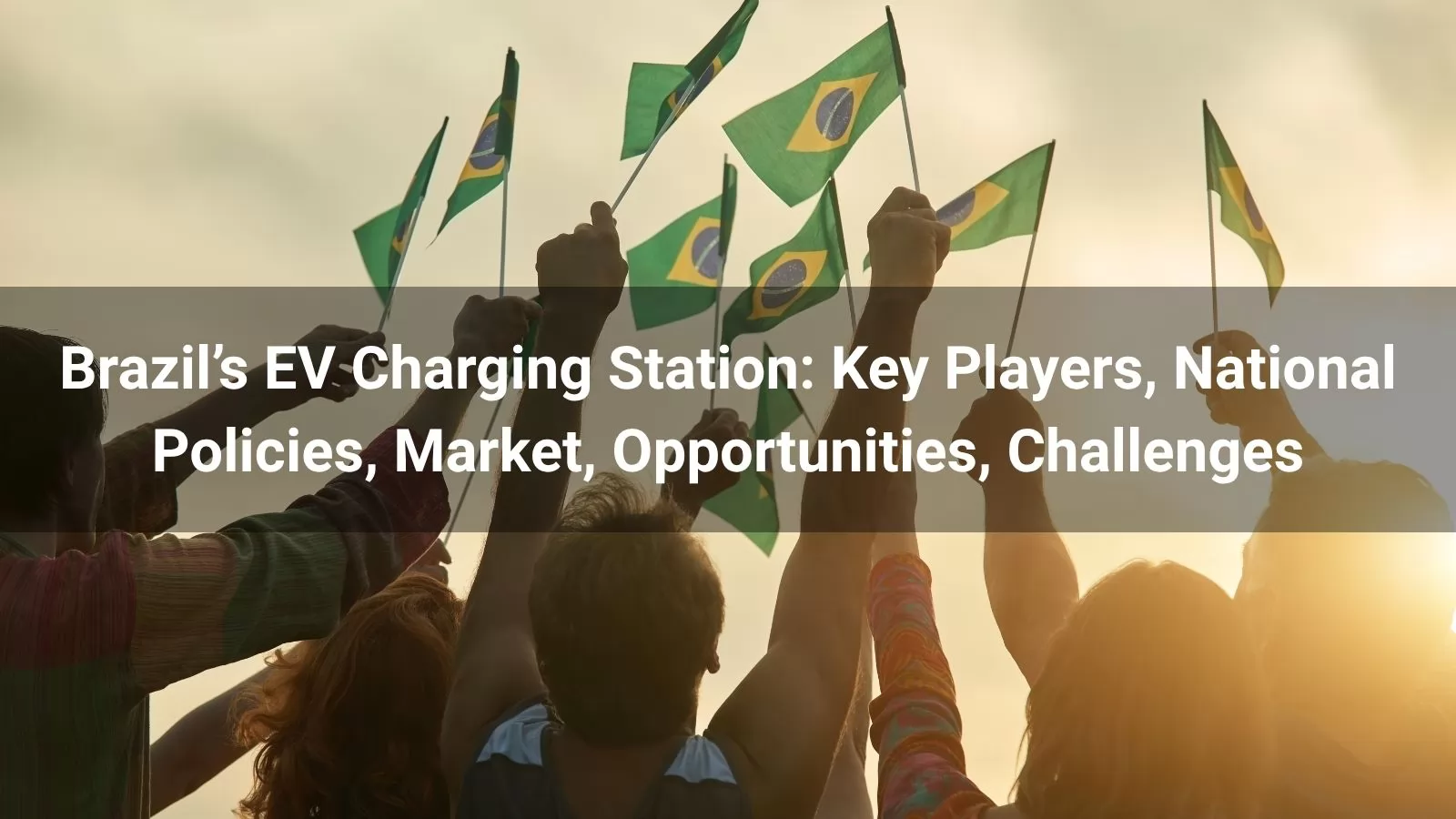
This analysis outlines Brazil’s electric vehicle (EV) charger manufacturing landscape, covering policies, development status, market opportunities, and key challenges.
WEG
A leading industrial conglomerate producing AC and DC chargers (up to 150kW+). Recognized for strong domestic brand presence, significant R&D investment, and global exports.
Eletra (BYD Group)
A dominant player in Brazil’s electric bus and charger sector. BYD’s 2022 acquisition enhanced Eletra’s technological capabilities. Focused on fleet and high-capacity DC charging.
NeoVolta
Specializes in DC fast chargers (up to 180kW), emphasizing local engineering and domestic manufacturing.
Green Mobility (Engie Brasil)
A subsidiary of Engie Group offering AC/DC solutions. Targets integrated energy systems for fleet operators and public networks.
EcoPower
Develops AC chargers (wallbox and pedestal models) and DC fast chargers (up to 120kW), with a strong presence in regional markets.
Itaipu Technological Park (PTI)
Produces AC/DC chargers via partnerships and technology transfer programs, leveraging public-private collaboration.
ABB
A global leader with localized production of DC fast chargers (e.g., Terra 184) in Brazil.
Schneider Electric
Offers EVlink AC/DC chargers, with local assembly capabilities supporting Brazil’s domestic market.
Siemens
Supplies VersiCharge AC and DC chargers, contributing to both public and private EV infrastructure.
Delta Electronics
A Taiwanese firm providing AC/DC solutions for charge point operators (CPOs) and OEMs.
BYD
Active via Eletra and its own operations, focusing on expanding DC charging capacity.
Wallbox
A Spanish provider of smart AC chargers, expanding aggressively in Brazil with advanced digital features.
Blink Charging
A US-based CPO expanding its network, sourcing equipment both locally and internationally.
Garo
A Swedish manufacturer building production lines in Brazil for AC/DC equipment.
Alfen
Dutch firm (following its acquisition of Efacec’s EV division) offering a range of AC/DC chargers.
Raízen (Shell Recharge)
Major energy company investing in a large-scale AC/DC charging network.
Movida (Localiza Group) & Unidas
Car rental leaders expanding proprietary charging networks to support growing EV fleets.
EletroVolt, Zletric, and CargaOn
Emerging CPOs focused on fleet solutions and network expansion.
Brazil’s flagship federal industrial policy for the auto sector, promoting electrification and local content. Expected to incorporate specific incentives for charging infrastructure in future phases.
ICMS (State VAT) Reductions: States like São Paulo, Rio de Janeiro, Paraná, and Minas Gerais offer reduced ICMS rates (typically 12% vs. standard 18–25%) on electricity for public charging stations.
IPVA (Vehicle Tax) Exemptions: Many states provide multi-year IPVA exemptions for BEVs, encouraging EV adoption.
Municipal Incentives: Cities like São Paulo offer reduced ISS (service tax), free parking, and favorable zoning for charging station operators.
Resolution 1,059/2023: Establishes operational guidelines for EV charging services, allowing CPOs to function without a full utility license and outlining safety/metrology requirements.
Grid Connection: Technical processes exist but are complex and vary by utility. ANEEL is working to simplify procedures.
Time-of-Use Tariffs: Incentivized to encourage off-peak charging behavior.
Responsible for enforcing safety and performance standards for chargers. Aligns with global norms (IEC, UL) but is developing national specifications.
Brazil lacks a nationwide technical standard or federal deployment target, relying on INMETRO certifications and fragmented subnational initiatives.
Stage of Development
Brazil’s EV charging market is in a nascent but rapidly growing phase.
Charging Network Size
As of mid-2025, there are an estimated 4,500–5,500 public charging points, growing fast but insufficient for mass EV adoption.
Charger Type Distribution
AC Level 2 (7–22 kW): Most widely deployed due to affordability and ease of installation.
DC Fast Charging (50kW+): Essential for fleet and intercity travel. Ultra-fast (150kW+) units are emerging but limited.
Geographic Distribution
Infrastructure is concentrated in metropolitan hubs (São Paulo, Rio de Janeiro, Belo Horizonte, Curitiba, Brasília) and key corridors (e.g., BR-116).
Local Manufacturing Base
Rapidly expanding, with major OEMs investing in domestic production to reduce costs and adapt to local grid requirements.
Technology Adoption
OCPP-based interoperability is common, with increasing integration of smart charging features and backend energy management platforms.
Untapped Market Potential: Low EV and charger penetration offers significant room for expansion as adoption accelerates.
Domestic Manufacturing Incentives: Rota 2030 and regional policies support local production, benefiting incumbents and new entrants.
Fleet Electrification: High demand from bus, ride-hailing, logistics, and corporate fleets drives tailored infrastructure needs.
Highway Coverage: Fast charging networks on intercity routes are needed to overcome range anxiety.
Renewable Integration: Solar PV and battery storage pairing with EV charging presents strong synergies in commercial and retail environments.
Urban Expansion: Increasing need for charging in residential complexes, offices, retail centers, and public facilities.
Service Ecosystem: Strong prospects for CPMS platforms, installation services, maintenance, and payment integration.
High Capital Costs: Equipment (especially DC), installation, land use, and grid upgrades require significant investment.
Grid Limitations: Inadequate capacity in some areas and prolonged grid connection timelines hinder network expansion.
Regulatory Fragmentation: Disjointed municipal and state rules, along with slow federal standard-setting, create uncertainty.
Tax Classification Ambiguities (PIS/COFINS): Debates over classifying charging as an “energy service” vs. a “product sale” impact CPO tax burdens and business models.
Limited Access to Financing: High upfront costs and long ROI periods deter private capital and infrastructure-scale lending.
Slow Consumer Uptake: Low EV ownership impacts short-term charger utilization and profitability.
Skilled Labor Shortage: Limited availability of qualified personnel for installation, integration, and maintenance.
Import Reliance: While local assembly grows, critical components (e.g., power electronics) remain import-dependent.
Brazil’s EV charging market is at an early inflection point, with strong momentum driven by regional incentives and rising EV demand.
Local champions (e.g., WEG, Eletra/BYD) and global players are establishing a robust domestic manufacturing and service base.
Structural challenges—grid readiness, financing, regulatory clarity—must be addressed to sustain rapid growth.
Key opportunities lie in fleet electrification, highway coverage, urban infrastructure, local production, and smart technology integration.
State and municipal policies are the primary accelerators of infrastructure deployment, while federal programs like Rota 2030 hold promise for comprehensive support.
Brazil’s evolving EV ecosystem presents high-reward opportunities for stakeholders who can navigate policy complexity, secure investment, and build scalable, future-proof infrastructure.
Read more:

